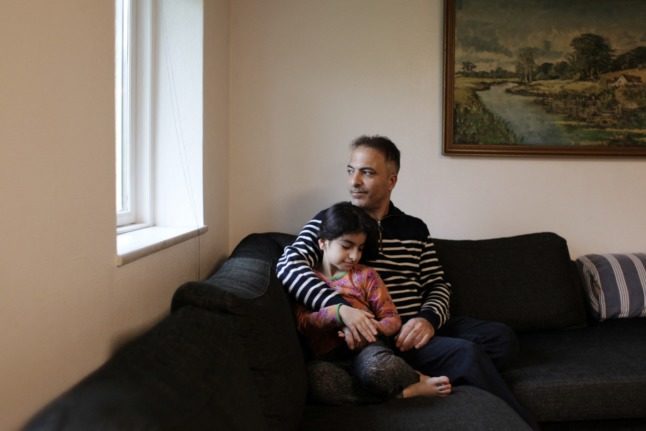The Swiss government has held funds linked to ousted Tunisian dictator Zine El Abidine Ben Ali since he left the country in January 2011, and those of ousted Egyptian president Hosni Mubarak after his departure from power the same year, said Valentin Zellweger, the head of the foreign ministry's international law department.
Switzerland had blocked some 700 million Swiss francs from Egypt and 60 million from Tunisia, and was currently working with the new administrations in those countries to find a way to return the funds to the Egyptian and Tunisian people, Zellweger told reporters in Geneva.
Following separate United Nations Security Council resolutions, Switzerland had also blocked 100 million francs from Libya and another 100 million from Syria, Zellweger said.
Asked why the restitution of funds to Tunisia and Egypt was taking so long, he said the onus was on those nations, since "it is them who determine the speed of the procedures."
"Switzerland is confronted in Egypt and Tunisia with cases unprecedented in size," Zellweger said.
In Tunisia's case, Switzerland held the accounts of 48 people close to Ben Ali, while 32 people linked to Mubarak had their holdings frozen in the Egyptian case, he explained, adding that each account had registered between 250 and 2,000 separate transactions.
When asked about the relatively modest amount of frozen Tunisian funds, Zellweger said there were two possible explanations: Either "the Ben Ali clan did not like Switzerland," and had therefore
placed its funds elsewhere, or the Swiss measures taken to avoid suspicious funds "worked well, and Swiss banks refused the funds," he said.
Switzerland is the only country that has published the amount of funds it has frozen, Zellweger said.
It remained unclear, he said, how long it would take to return the cash to its countries of origin, where in most cases the money is desperately needed for reconstruction or democratisation efforts in the vacuum left by the departed dictators.
The fastest such procedure ever carried out by Switzerland took five years and came with its restitution of blocked funds linked to Nigerian dictator Sani Abacha after his reign ended with his death in 1998.
While frozen in Switzerland, the funds are managed conservatively, and any interest gains are returned to the country in question, along with the capital.


 Please whitelist us to continue reading.
Please whitelist us to continue reading.
Member comments